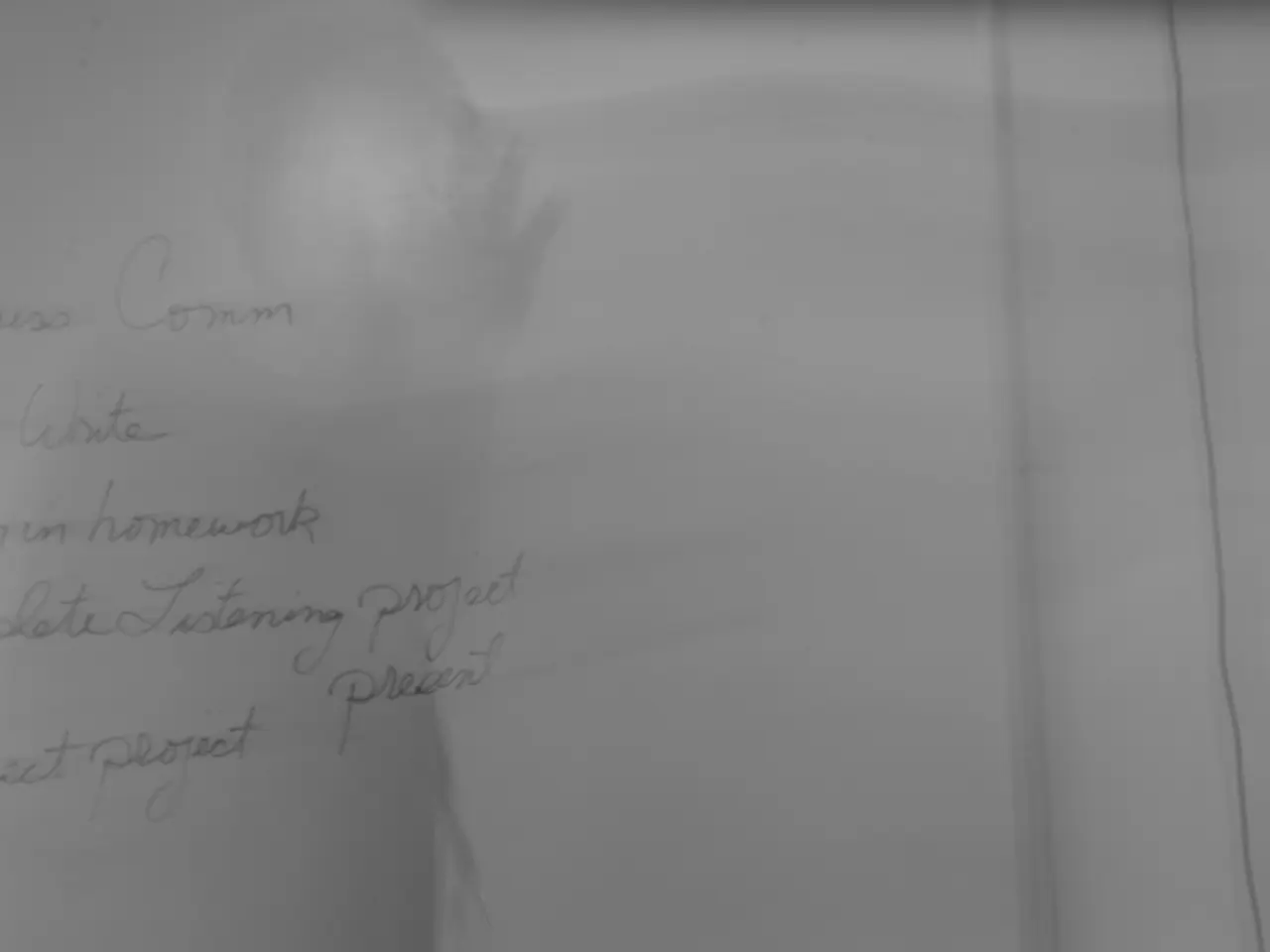Power of Attorney and Dementia: Key Facts to Consider
In the journey of life, there comes a time when individuals may need assistance in making important decisions, especially those related to healthcare and finances. For people with dementia, a durable power of attorney (POA) can provide the necessary support.
A POA is a legal document that allows a person to appoint a representative, known as an agent, to make decisions on their behalf. This document remains in effect even when the person is no longer able to make their own decisions.
For those concerned about an agent misusing their POA, it's advisable to consult an elder law attorney who may be able to revoke the POA.
If a person is diagnosed with dementia, they can still create a POA if they still have the legal capacity to understand their actions. It's crucial to ensure that important documents, such as bank statements, insurance policies, and property or vehicle ownership documents, are secure.
Creating a POA for healthcare, also known as an advance directive, allows a person with dementia to name a person to make healthcare decisions if they are no longer able to do so. To create a durable power of attorney for healthcare, follow these key steps:
- Choose a trusted healthcare agent (proxy) who is at least 18 years old and understands and respects the individual’s healthcare wishes. It's advisable to designate an alternate agent as backup.
- Decide what healthcare powers the agent will have, ensuring the document clearly states that the agent can make medical decisions when the individual is no longer capable, as confirmed by a physician.
- Use a legal form compliant with your state’s requirements. Many states offer statutory forms or templates specifically for a durable medical power of attorney. These forms must be completed in writing and may require notarization and witness signatures.
- The individual with dementia must be mentally competent at the time of signing the document. This is crucial because the DPOA becomes effective only when a physician determines the person can no longer make medical decisions.
- Sign the document in the presence of a notary and/or witnesses as required by state law to ensure legal validity.
- Distribute certified copies of the signed and notarized document to the healthcare agent(s), doctors, hospitals, and relevant care facilities.
- Discuss healthcare wishes openly with the appointed agent and family, and periodically review and update the document if health conditions or preferences change.
- Consider consulting an elder law or estate planning attorney to personalize the document for specific needs, clarify complex provisions, and ensure compliance with state laws, especially for individuals with dementia where mental capacity considerations are critical.
POA documents can be obtained from state government websites, hospitals or healthcare facilities, or through an estate planning or elder law attorney.
For those who may not be married to their partner, they can still assign them as an agent on their POA. Unmarried partners of people who are unable to make their own decisions can seek to be their agent in court, but this can be difficult, expensive, and may not be successful.
In addition to creating a POA, individuals with dementia may also wish to consider creating a living will, standard will, and living trust after receiving a dementia diagnosis.
Resources such as USLegal, Alzheimer's Association's Community Resource Finder, National Academy of Elder Law Attorneys' online directory, and LawHelp.org can provide valuable information about learning about reduced-cost or free legal aid programs.
In a nutshell, creating a durable power of attorney for healthcare for individuals with dementia involves selecting a trusted agent, using proper legally compliant forms, ensuring mental capacity at signing, notarization and witnessing, distributing copies to relevant parties, and ongoing communication about healthcare wishes. Legal counsel is recommended to safeguard the validity and applicability of the document.
- A durable power of attorney (POA) can be especially crucial for individuals experiencing dementia, as it allows them to appoint a representative to make decisions concerning their health, finances, and other chronic diseases such as Alzheimer's, which are classified as neurological medical-conditions and are often associated with mental-health issues.
- It's essential for families to understand that creating a POA involves choosing a trusted agent, deciding the powers the agent should have, using legal forms specific to the state, and ensuring the document is signed at a time when the individual with dementia is mentally competent.
- Important documents such as bank statements, insurance policies, and property or vehicle ownership documents should be kept secure for individuals with dementia, as they may become unable to manage their affairs due to their condition.
- For those diagnosed with dementia, creating a healthcare POA (advance directive) can help safeguard their health and wellness by allowing them to name a person to make healthcare decisions when they are no longer capable, ensuring their healthcare wishes are respected and implemented.




